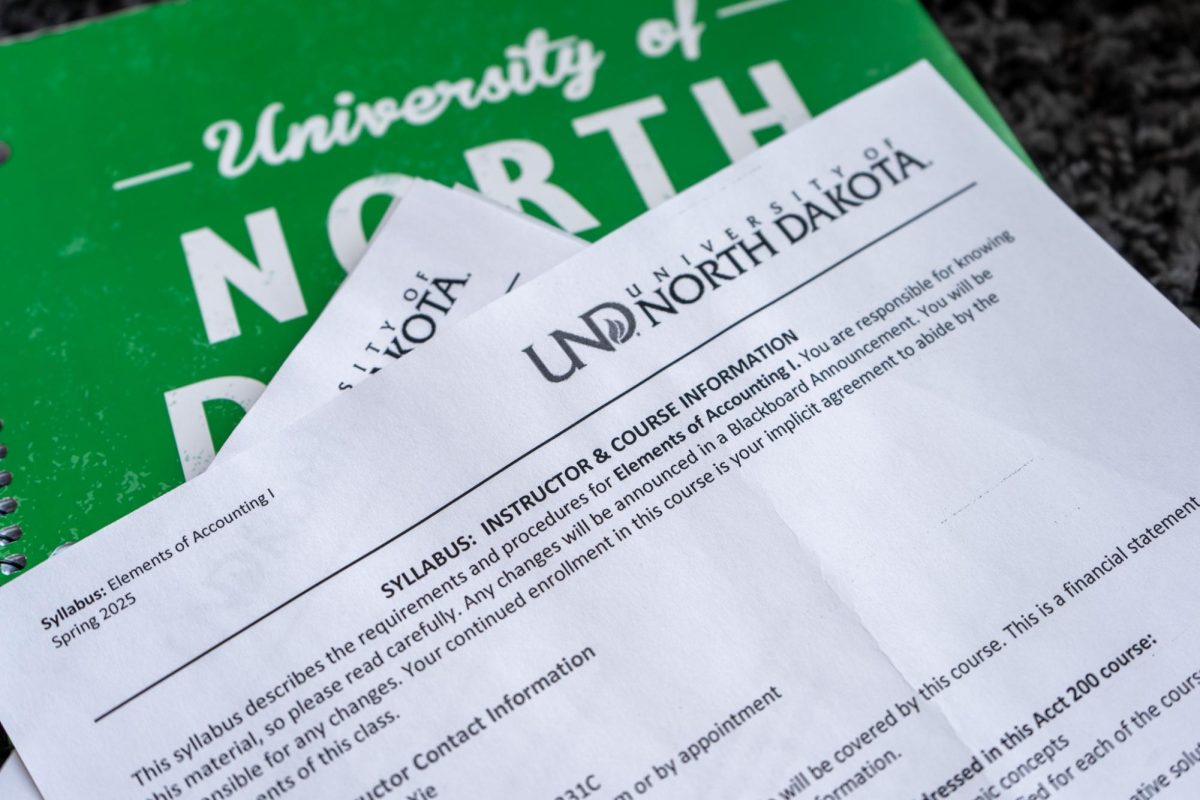Former Attorney General William Barr had this to say about the Department of Justice’s lawsuit against Google, “This lawsuit strikes at the heart of Google’s grip over the internet for millions of American consumers, advertisers, small businesses and entrepreneurs beholden to an unlawful monopolist.” A clear echo of this sentiment lies in the Federal Trade Commission Chair Lina Khan’s statement about her agency’s lawsuit against Amazon, “Amazon is a monopolist and it is exploiting its monopolies in ways that leave shoppers and sellers paying more for worse service… Amazon’s unlawful monopolistic strategy has closed off that possibility [of allowing healthy competition and corresponding better services], and the public is paying dearly as a result.” It is evident that there is a big shift here; market fundamentalism is under attack by these regulatory bodies. Could this be a new era of consumer rights?
Before we can answer that question, we must examine why these departments are accusing Amazon and Google of exhibiting monopolistic behaviors. In the case of the DOJ, they argue that Google, by bribing large corporations such as Apple to make them the default search engine on almost all phones, is forcing consumers to use them rather than allowing them the right of consumer choice. Google argues in turn that they do not force consumers’ hands, but rather, as Google lawyer and President of global Affairs Kent Walker wrote, “People don’t use Google because they have to — they use it because they want to.” The DOJ argues that other search engines have not been able to become as strong of competitors because Google’s contracts with these phone and laptop companies have stunted natural growth and innovation in its sector. This in turn allows Google to practice predatory behavior on its consumers by farming and selling such an extensive amount of personal data that still remains unmatched by virtually any other such service. If there was actual choice involved when it came to search engines, the DOJ argues, people might choose other search services such as Duck Duck Go, Brave Browser, or TOR that attempt to protect their users’ information. Whether any of these claims will be accepted in court remains to be seen as these antitrust cases tend to take years to be resolved.
In the case of the FTC and 17 states, they argue that “Amazon’s fees are so high that sellers effectively keep only half of what they make on the platform” as NPR correspondent Alina Selyukh writes. In addition to this, Amazon forces third party sellers, which make up 60% of the platform, to sell their products for the lowest price on its platform relative to any other platform they may sell on. This means that, after factoring Amazon’s massive amounts of fees, the sellers cannot sell somewhere else for a better price even though the fees on that other platform would typically not be as extreme. What does this mean for sellers? The FTC argues that the sellers are effectively forced to raise their prices, so although Amazon claims to have these items cheaper than anywhere else online, these prices are inflated in comparison to what they could be. These are not the only complaints that the FTC has against Amazon, they also allege that Amazon’s shipping services are also predatory to these third-party sellers as they essentially only have the illusion of choice when it comes to choosing anything other than shipping through Amazon. If they chose not to, they could be excluded from certain searches and are made to seem less appealing. In essence, the FTC argues the Amazon is eliminating fair prices for consumers, eliminating fair profit for sellers, and ultimately controlling the entire online marketplace through their restrictions on sellers’ prices all over the web.
Although these cases will likely take years to resolve, it is still worth considering what they mean for consumers. Amazon threatens that if the FTC wins the case, it will likely mean delayed gratification for consumers with longer shipping times, inconsistent prices, and inconvenience for sellers. Google also argues something along the same lines; if the DOJ wins the case, then consumers will have to suffer having real choices, choices between search services that might not provide the amount of personalization that only Google’s enormous personal profiles on each individual can provide. It seems that monopolies are depending on the fact that they are terribly convenient.
Kira Symington is a Dakota Student Section Editor. She can be reached at kira.symington@und.edu.








